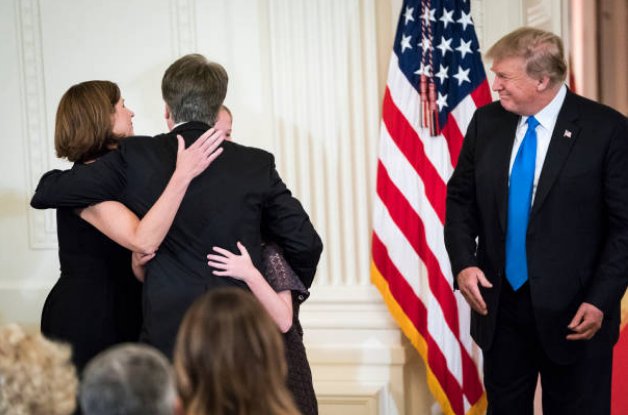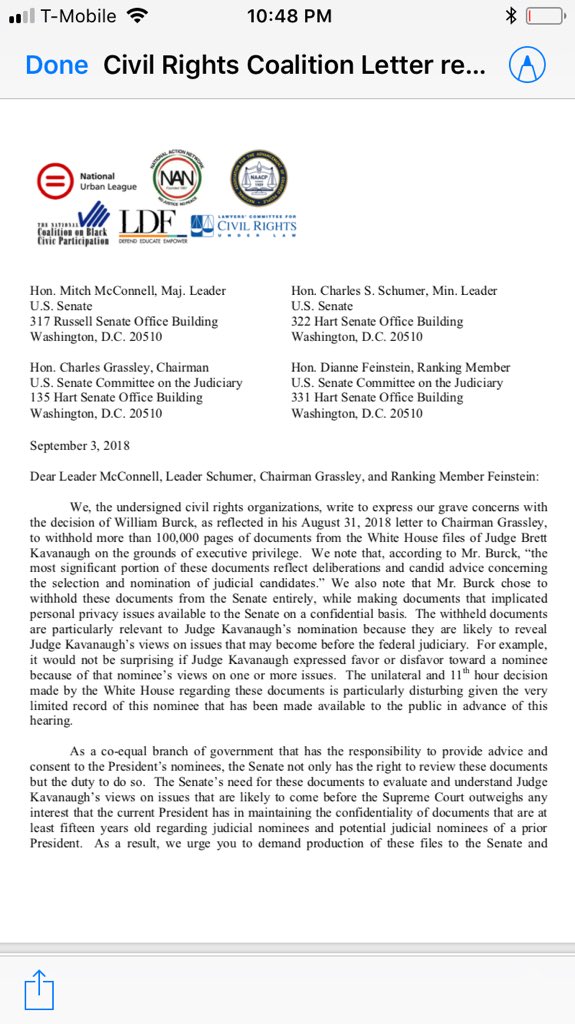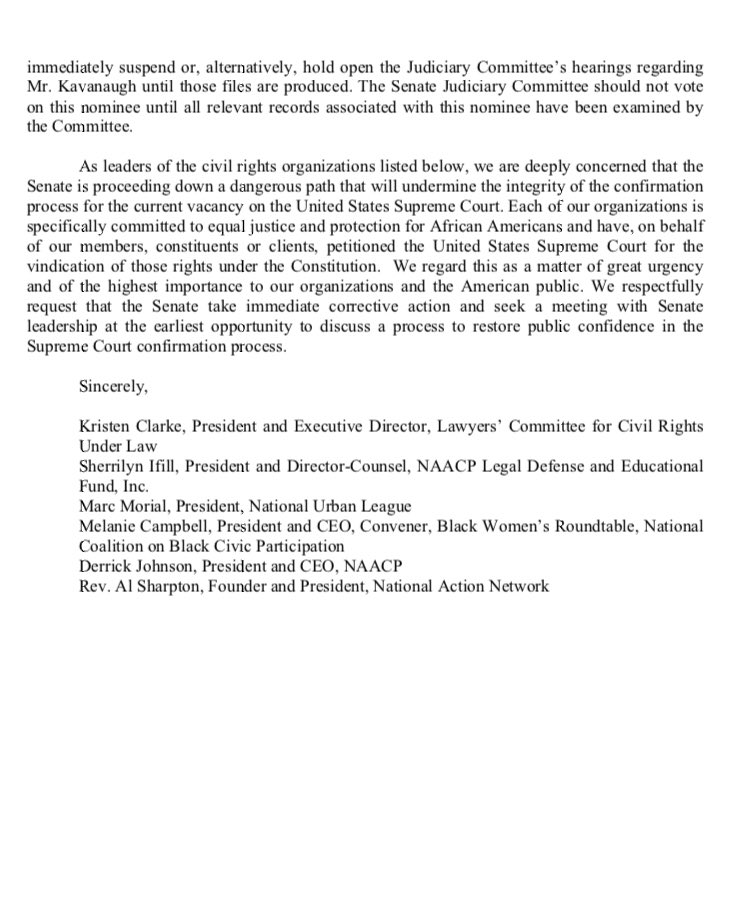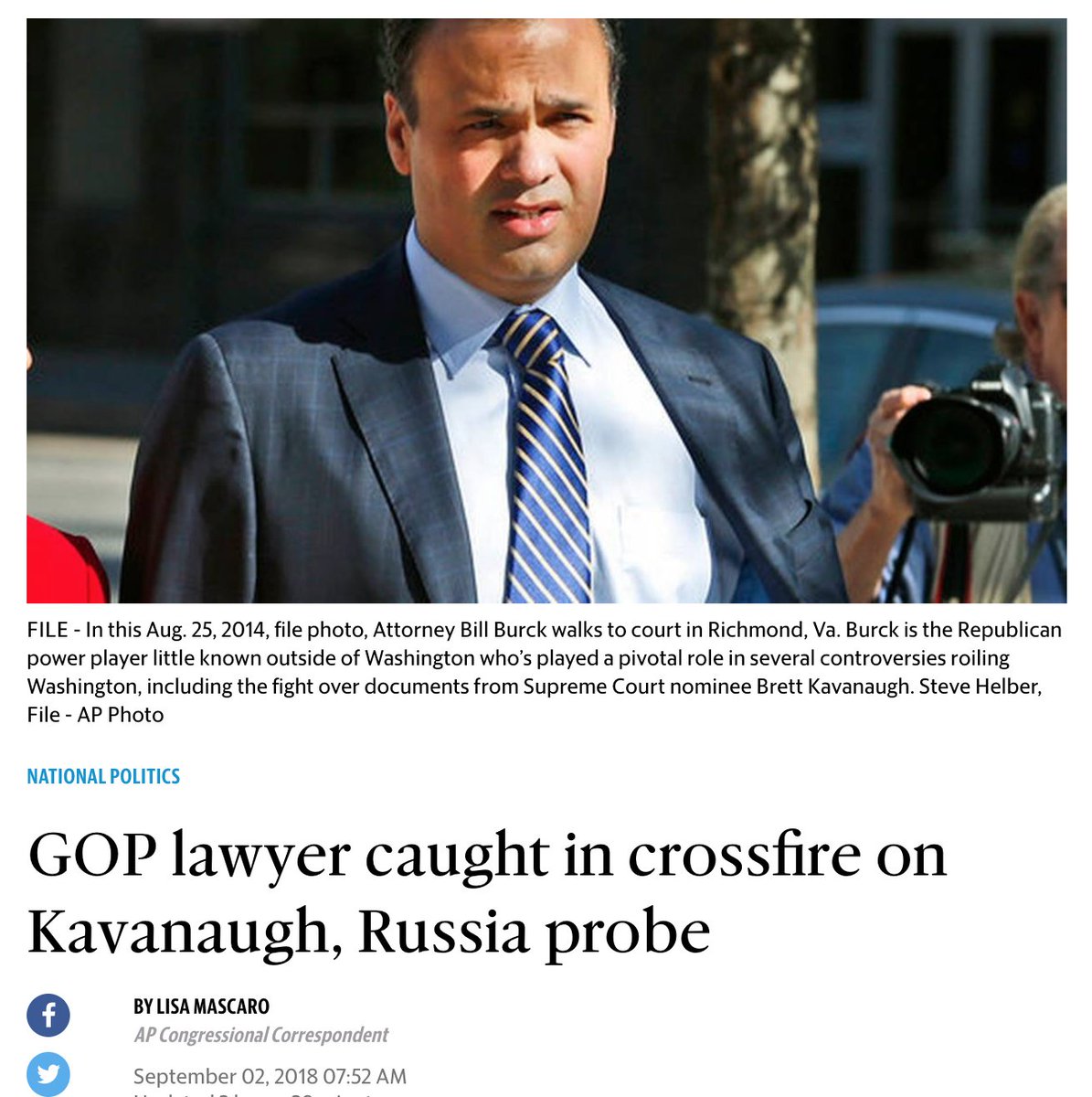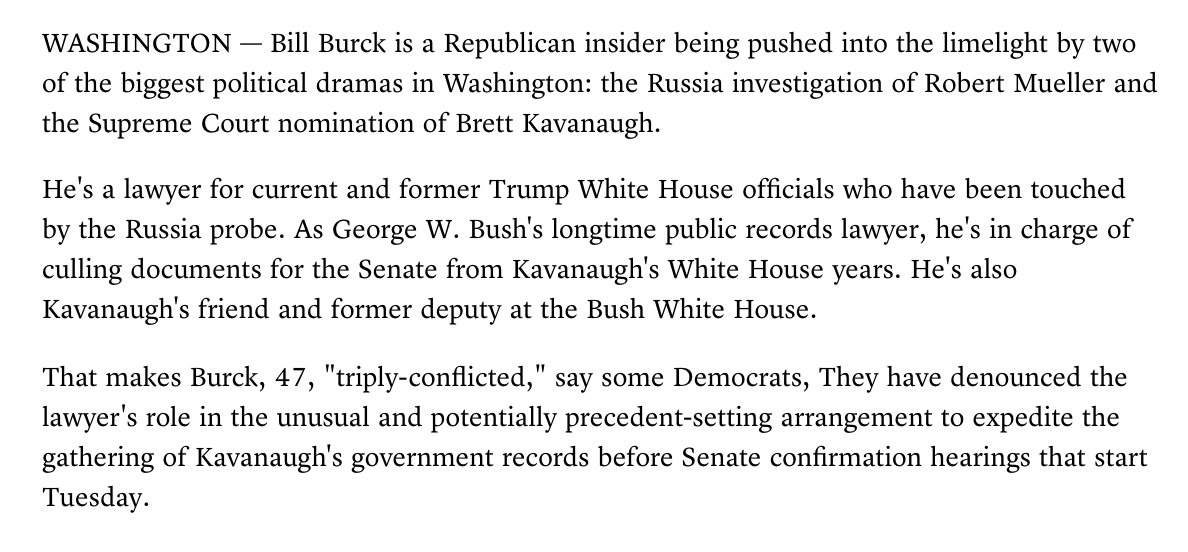@drawandstrike @ThomasWictor @HNIJohnMiller @jihadaeon1 @rising_serpent @_ImperatorRex_ @Debradelai @LarrySchweikart
judiciary.senate.gov/press/rep/rele…
President Bush has offered to provide the committee with copies of the non-privileged presidential records he received—
Some have argued that the committee’s use of President Bush’s copies of the records—
The presidential records requested by Chairman Grassley are already starting to arrive, courtesy of President Bush.
More on the Presidential Records Act
President Bush has a statutory right of access to documents created during his administration,

